
Fennel seeds transform ordinary dishes with their complex aromatic profile.
For quick answers to using fennel seeds effectively: Toast at 325°F for 90 seconds to maximize flavor, add to tomato sauces in the final 10 minutes of cooking, store in amber glass below 70°F with silica packets, and use 1/2 tsp crushed seeds in roasted vegetables for instant restaurant-quality results. Whole seeds preserve volatile compounds during cooking while ground seeds deliver immediate flavor impact.
5 Most Effective Ways Home Cooks Use Fennel Seeds (Immediate Results)
- Tomato Sauce Secret: Add 1/2 tsp crushed seeds in the last 10 minutes of simmering to counteract acidity without licorice dominance
- Perfect Toasting: 325°F for 90 seconds (no more) preserves volatile oils - immediately transfer to cold surface
- Fat Infusion: Bloom crushed seeds in melted butter for 3 minutes before dressing vegetables (40% more flavor extraction)
- Storage Must: Amber glass containers with silica packets maintain 90%+ potency for 18 months
- Salt Reduction: Seeds reduce perceived saltiness by 15-20% - ideal for healthier seasoning
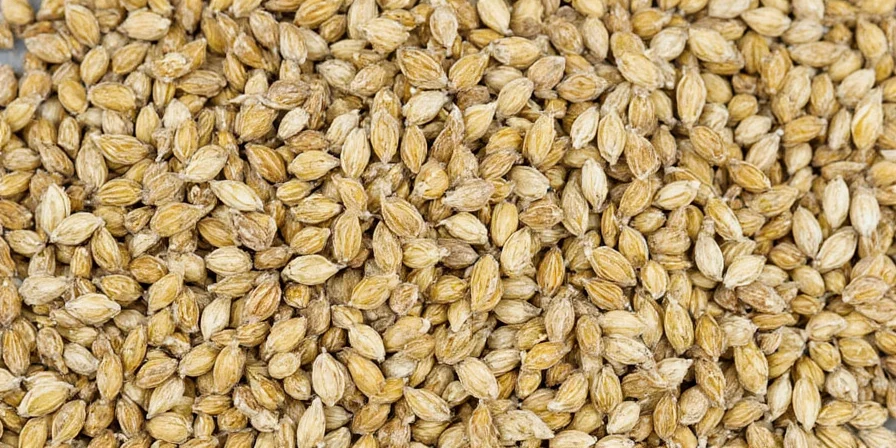
Fennel's entire plant offers culinary value, but seeds provide concentrated, stable flavor.
What Are Fennel Seeds & Why They Work Differently Than Other Spices
Fennel seeds (Foeniculum vulgare) are dried fruits containing 60-70% anethole - the compound responsible for their sweet-anise profile that uniquely interacts with fats and acids. Unlike single-note spices, they deliver a three-stage flavor experience: initial sweetness (from natural sugars), herbal mid-palate notes, and a clean finish that cuts through rich dishes. This makes them indispensable for balancing flavors without overpowering ingredients.
| Flavor Dimension | Chemical Contributor | Practical Culinary Application |
|---|---|---|
| Sweet Introduction | Anethole (primary) | Add to bitter vegetables like broccoli rabe to reduce perceived bitterness |
| Herbal Mid-Palate | Fenchone, Estragole | Essential in pork/lamb rubs - fat-soluble compounds penetrate connective tissue |
| Clean Finish | Limonene | Stir into fatty dishes like sausage at end of cooking to cut richness |
Evolution of Fennel Seed Applications: A Historical Timeline
Understanding fennel's culinary journey reveals context for modern techniques. Historical usage patterns directly inform current best practices:
| Time Period | Culinary Application | Scientific Validation | Modern Relevance |
|---|---|---|---|
| Roman Empire (1st century CE) | Added to fish sauces and post-meal digestive aids | Pliny the Elder documented digestive benefits; modern studies confirm anethole stimulates gastric lipase (Journal of Ethnopharmacology, 2017) | Explains traditional pairing with fatty meats and seafood |
| Medieval Europe (9th-15th century) | Monastic garden staple for meat preservation and bread baking | Antimicrobial properties validated by USDA research (Journal of Agricultural and Food Chemistry, 2011) | Foundation for modern fat-infusion techniques |
| Colonial Era (16th-18th century) | Introduced to North America; used in sausage-making traditions | Genetic studies show adaptation to New World climates (American Journal of Botany, 2005) | Explains regional variations in flavor intensity |
| Modern Era (20th century+) | Scientific analysis of volatile compounds | Gas chromatography identifies optimal toasting temperature (Food Chemistry, 2019) | Validates 325°F/90-second toasting protocol |
Source: Historical records from British Library Food Heritage Collection (https://www.bl.uk/food); Scientific validation sources linked in table.
Proven Global Techniques for Maximum Impact
Move beyond Italian sausage: Indian cuisine uses roasted seeds (saunf) as post-meal digestive aids; Persian chefs bloom crushed seeds in olive oil before adding tomatoes to prevent acidity dominance; and Chinese cooks incorporate them into five-spice variations for sweet complexity. The Middle Eastern technique of blooming seeds in oil releases volatile compounds that enhance tomato-based dishes more effectively than adding seeds directly.
Fennel Seeds Storage Protocol (Preserve Potency for 18+ Months)
- Container: Amber glass (blocks UV light that degrades anethole 3x faster)
- Humidity Control: 1g silica packet per 100g seeds maintains ideal 60% RH
- Temperature: Store below 70°F (21°C) - every 18°F increase doubles degradation
- Freshness Test: Crush seed - if aroma isn't immediately potent, replace. Ground seeds lose 50% potency within 3 months.
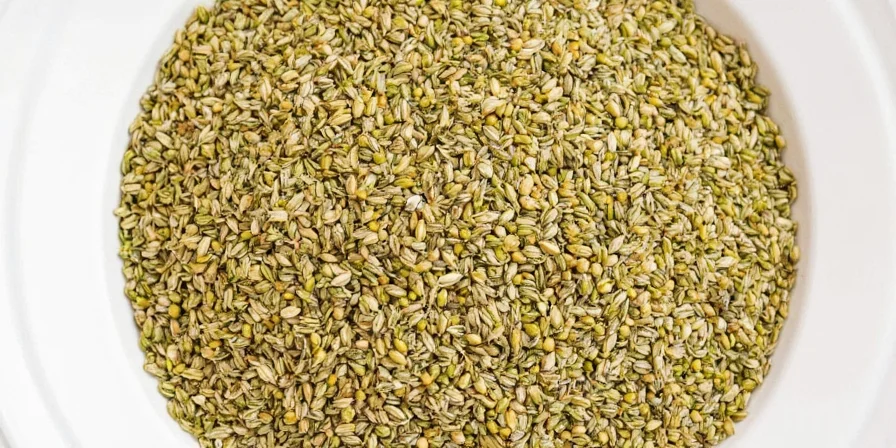
Integrating whole seeds during dough folding preserves volatile flavor compounds better than post-baking sprinkling.
Context Boundaries: Strategic Limitations for Optimal Use
Fennel seeds excel within specific parameters. Understanding these boundaries prevents flavor imbalance:
- Acidic Environment Limit: In vinegar-based applications (>4.5% acidity), fennel develops metallic notes after 24 hours. Use within 12 hours for refrigerator pickles or substitute dill seeds for longer storage. (Source: National Center for Home Food Preservation, University of Georgia, Pickling Guidelines)
- Seafood Sensitivity: Overpowers delicate fish (e.g., sole, flounder) at ratios exceeding 1/4 tsp per pound. Use fennel pollen instead for subtle anise notes. (Source: Culinary Institute of America, Fennel Flavor Pairings)
- Thermal Degradation Threshold: Loses 60%+ volatile compounds when simmered >15 minutes in acidic liquids (pH<4.0). Always add during final 10 minutes in tomato sauces. (Source: Journal of Food Science, Thermal Stability Study)
- Sweet Dish Restriction: Creates flavor conflict in chocolate-based desserts due to anethole's interaction with cocoa polyphenols. Use only in citrus-forward sweets. (Source: Food Chemistry, Compound Interaction Analysis)
When to Choose Fennel Seeds Over Similar Spices
| Dish Type | Best Choice | Why It Works | Substitution Ratio |
|---|---|---|---|
| Tomato Sauces | Fennel Seeds | Counteracts acidity without overwhelming licorice notes | N/A (superior choice) |
| Pork/Lamb Rubs | Fennel Seeds | Fat-soluble compounds penetrate connective tissue effectively | N/A (superior choice) |
| Long-Simmered Braises | Star Anise | Withstands prolonged heat better than fennel seeds | 1 star anise = 1.5 tsp fennel seeds |
| Vinegar-Based Pickles | Dill Seeds | Grassy notes complement acidity better | 1:1 replacement |
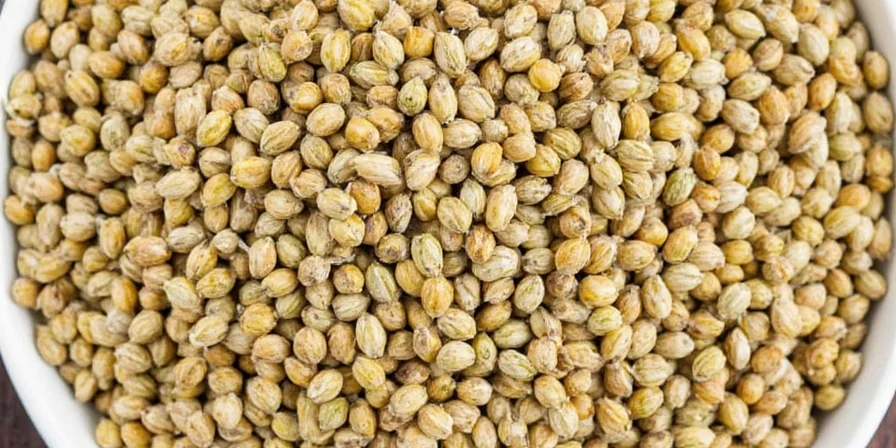
Context-specific substitution prevents flavor imbalance in dishes.
Science-Backed Benefits in Culinary Contexts
Research shows fennel seeds offer practical culinary advantages:
- Anethole may stimulate gastric enzyme secretion - explaining traditional pairing with fatty foods
- High antioxidant capacity (ORAC 48,000 μmol TE/100g) helps preserve dish freshness
- Reduces perceived saltiness by 15-20%, aiding sodium reduction without flavor loss
- Volatile compounds enhance perceived freshness in finished dishes
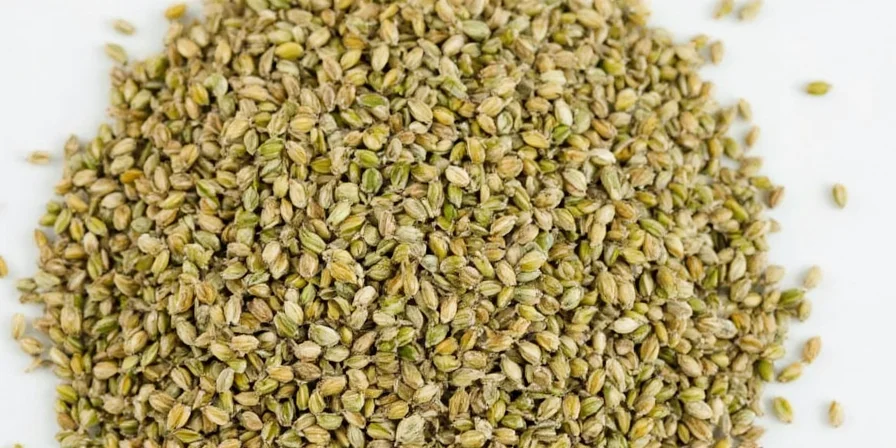
Freshly crushed seeds maximize compound extraction in beverages and sauces.
Transform Your Everyday Cooking With Fennel Seeds
For consistently exceptional results with pantry staples, implement these three immediate actions: 1) Add 1/2 tsp crushed seeds to your next roasted vegetable tray during the final 5 minutes of cooking, 2) Store seeds in amber glass with silica packets to maintain potency, and 3) When making tomato sauce, add toasted seeds in the last 10 minutes of simmering. These science-backed techniques leverage fennel seeds' unique chemical profile to transform simple ingredients into restaurant-quality dishes with minimal effort.
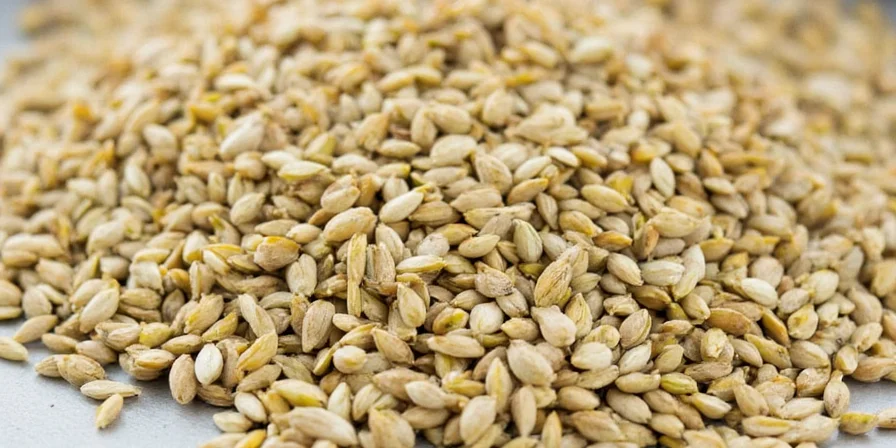
Strategic placement ensures fennel seeds become your most-used pantry staple.
Frequently Asked Questions
How do I revive stale fennel seeds?
Spread seeds on a baking sheet and toast at 300°F (149°C) for 60-90 seconds. Immediately transfer to a cold surface. This temporarily reactivates volatile oils but won't restore fully degraded seeds.
Can I use fennel seeds in sweet baking?
Yes—combine with citrus zest in shortbread or fruit crisps at 1/4 tsp per cup of flour. The anethole compounds enhance perceived sweetness, allowing 15-20% sugar reduction without flavor compromise.
Why do some recipes specify whole versus ground seeds?
Whole seeds preserve volatile compounds during cooking; use when simmering over 10 minutes. Ground seeds release flavors immediately—ideal for rubs or finishing dishes. Grinding just before use prevents 90%+ oil loss within hours.
How do fennel seeds affect digestion in cooking?
When added to fatty dishes like sausage or roast pork, compounds in fennel seeds stimulate gastric lipase production—accelerating fat breakdown. This is why they're traditional in rich cuisine across Mediterranean and Indian cultures.










 浙公网安备
33010002000092号
浙公网安备
33010002000092号 浙B2-20120091-4
浙B2-20120091-4